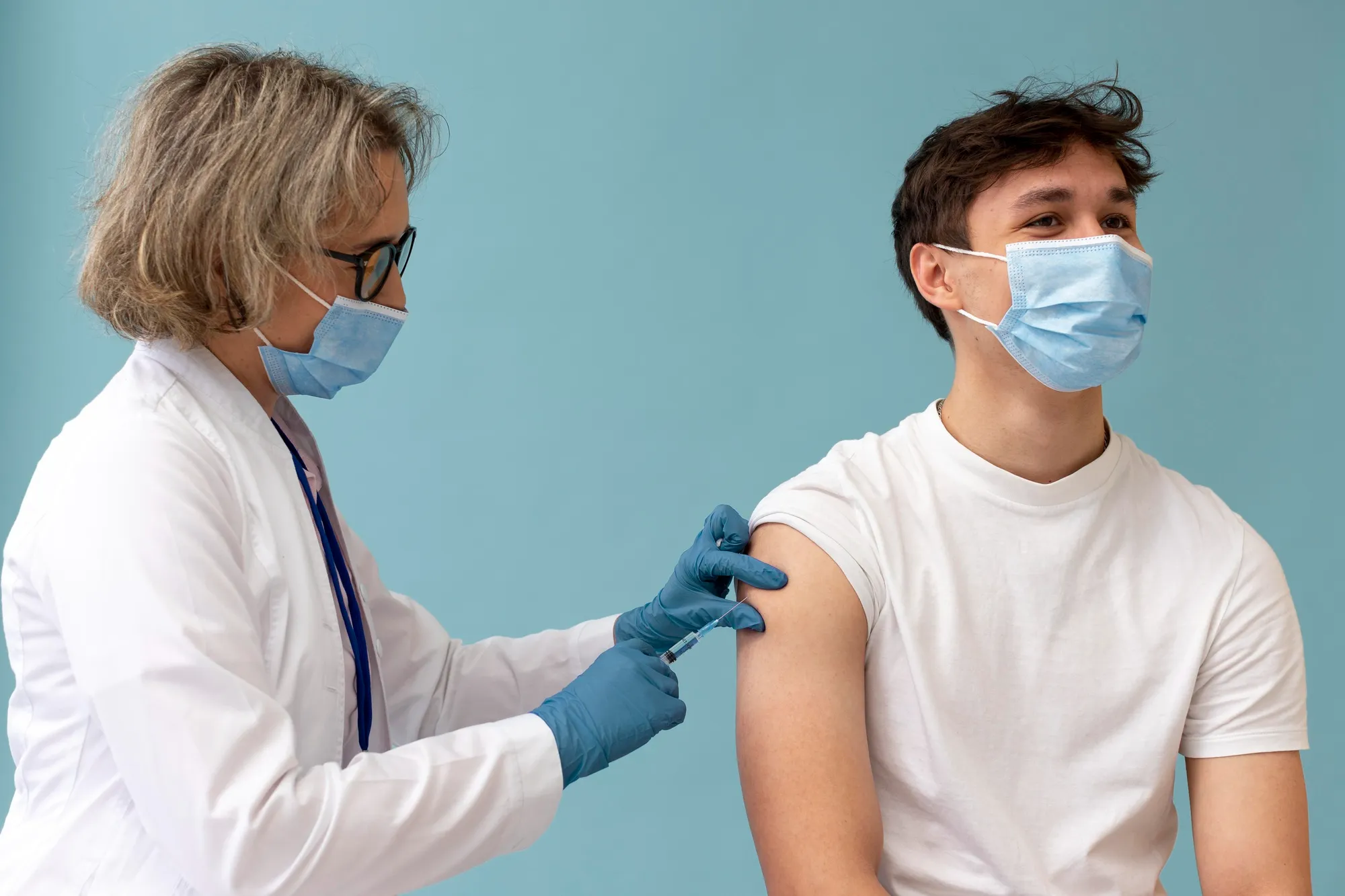A recent study published in ‘Medicina Clinica’ by Patricia Richi and colleagues from the Infanta Sofía University Hospital and multiple collaborating Spanish medical centers has illuminated the efficacy of the influenza vaccine among patients undergoing biological therapy for various autoimmune inflammatory conditions. The research, titled “Antibody responses to influenza vaccine in patients on biological therapy: Results of RIER cohort study,” presents an in-depth analysis of how patients on biological treatments respond immunologically to the influenza vaccine, a preventative measure crucial in mitigating flu complications within vulnerable populations.
The study, conducted during the 2014-2015 influenza season, encompassed a group of 253 subjects with inflammatory arthritis, psoriasis, inflammatory bowel disease, or connective tissue diseases. These patients were either currently receiving or poised to start biological therapy. Utilizing the enzyme-linked immunosorbent assay (ELISA) method, researchers measured antibodies against influenza antigens A and B both before and after the subjects were administered the seasonal influenza vaccine. Critical demographic data, alongside the diagnosis and treatment specifics, were documented to ascertain their effect on serological outcomes post-vaccination.
Uncovering the Impact of Biological Therapies
Patients receiving therapies like anti-tumor necrosis factor (TNF) drugs demonstrated a more robust antibody response compared to those undergoing other forms of biological treatment – a key discovery considering the pervasiveness of anti-TNF drugs in managing autoimmune conditions. The sustained antibody presence against antigen A following vaccination was substantial, with 77% of participants showing detectable antibodies. Moreover, the final seropositivity rate for antigen B antibodies saw a significant uptick from baseline measurements, soaring to 50.6% from 43.5% (p<0.001) after vaccination.
Nevertheless, it wasn’t all success across the board. Patients treated with the drug rituximab, a monoclonal antibody used primarily for rheumatoid arthritis and other autoimmune diseases, exhibited a notably poorer serological response. The findings indicated stark differences in efficacy: 79.2% versus 55.0% for final seropositivity against antigen A (p=0.020) when compared to anti-TNF drugs. Intriguingly, the timing of rituximab administration vis-à-vis vaccination appeared to be crucial; longer intervals of at least 12 weeks before vaccination were tentatively associated with enhanced immune responses (seropositivity rate of 80.0% vs. 25.0%, p=0.054).
Implications for Clinical Practice and Patient Management
This compelling evidence from the RIER cohort study, supported by a myriad of cooperative healthcare institutions, strongly suggests that patients on anti-TNF therapy can be effectively immunized against the influenza virus. However, it underscores the necessity for modulated vaccination schedules for patients on rituximab to optimize the vaccine’s efficacy.
The findings of the study are substantial not only for patients and healthcare providers but also for public health efforts as they offer guidance on vaccination strategies tailored for individuals with autoimmune disorders undergoing biological treatments. With flu season posing heightened risks for such patients, the assurance of an effective vaccine response is a cornerstone for preventing influenza-related morbidity and mortality in these populations.
The Science and Significance Behind the Study
DOI: 10.1016/j.medcli.2019.02.003
The original article can be accessed through its Digital Object Identifier (DOI), offering healthcare professionals and researchers in-depth insights into the methodologies and conclusions of this impactful study.
References
1. Richi, P., Martín, M. D., Navío, M. T., et al. (2019). Antibody responses to influenza vaccine in patients on biological therapy: Results of RIER cohort study. Medicina Clinica, 153(10), 380-386. doi:10.1016/j.medcli.2019.02.003
2. Subesinghe, S., Rutherford, A. I., Byng-Maddick, R., & Hyrich, K. L. (2018). Biologic prescribing decisions following serious infection: Results from the British Society for Rheumatology Biologics Register for Rheumatoid Arthritis. Rheumatology, 57(11), 2093-2100. doi:10.1093/rheumatology/key203
3. Pierik, M., Vermeire, S., Steen, K. V., et al. (2006). Tumour necrosis factor-α antibody for induction of remission in Crohn’s disease. The Cochrane Database of Systematic Reviews, (1), CD005112. doi:10.1002/14651858.CD005112.pub2
4. Mourad, A., & Sweet, R. A. (2018). Psoriasis, psoriatic arthritis, and the risk for cardiovascular disease: An evidence-based review and treatment recommendations. Current Opinion in Rheumatology, 30(2), 199-205. doi:10.1097/BOR.0000000000000479
5. EMA (European Medicines Agency). (2019). EMA recommendations on the influenza vaccine composition for the seasons 2019/2020. Retrieved from https://www.ema.europa.eu/
Keywords
1. Influenza vaccine response
2. Biological therapy and immunization
3. Anti-TNF and influenza vaccine
4. Rituximab vaccination timing
5. Influenza seropositivity in autoimmune diseases
The research conclusively shines a light on the nuanced interactions between biological therapies and influenza vaccinations, arming the medical community with information pivotal to enhancing patient health outcomes during the influenza season.
